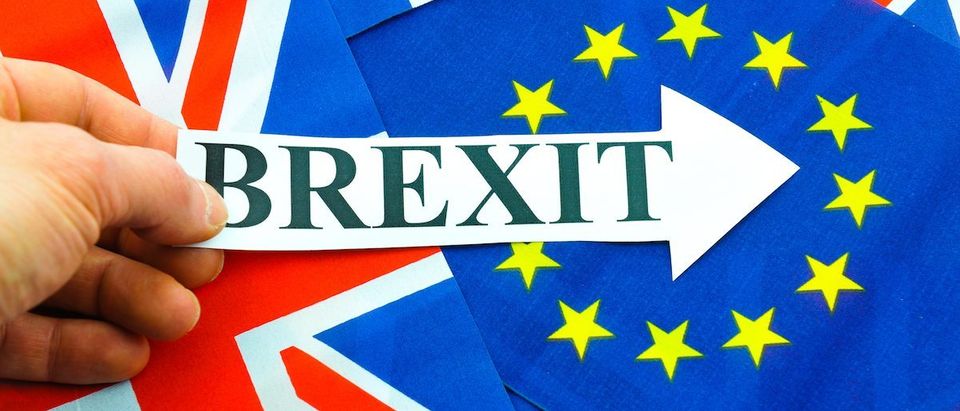Over the next twelve months, elections in Italy, France, Germany, and the Netherlands could decide the fate of the European Union.
Those elections, if the current political and economic environments continue, could challenge the viability of the European experiment.
Skepticism is on the rise about the European Union, and pubic opinion polls show declining favorability in key European nations. Germany in 2004 had a 58 percent favorability rating, and in 2016 that number fell to 50 percent, according to Gallup. France had a 69 percent favorability rating in 2004 and that number has fallen precipitously to 38 percent in 2016. Italy had a 78 percent favorability rating in 2004, and in 2016 it has a 58 percent favorability rating.
The Brexit decision should be “an urgent warning to European policymakers about the precarious state of European politics,” and furthermore signal a “fundamental change to the way in which policy is conducted on the continent,” according to the American Enterprise Institute (AEI).
The first vote that could signal further change for the EU is the Italian referendum. At the end of October, Italy will be having a referendum on constitutional reform. Italian Prime Minister Matteo Renzi announced the referendum and has repeatedly stated that he will resign if voters reject the changes, reports Reuters.
If the referendum fails, so does the Italian government, causing further burden to the EU which already holds some $2.2 trillion in public debt. The Italian economy is “simply too big for Europe to save,” reports AEI. The Italian economy is in shambles; unemployment is 11.6 percent and the economy is still lower than it was in 2008. With these gloomy numbers, experts expect that a favorable outcome is unlikely.
France has a presidential election which is scheduled for April of next year, in a nation where anger and dissent against the EU is becoming a favored past-time. Marine Le Pen, a politician who is active in voicing her disdain for France’s continued participation in the EU, looks as if she will likely make it far in the presidential race.
And then there is Germany. German Chancellor Angela Merkel has been the leader in the EU, and is no small part as to why the band of nations is still together. Merkel has gotten a lot of blow back for allowing refugees into Germany in droves. Experts note this will likely make it difficult to allow her to operate as freely as she would like before the September, 2017, election.
Send tips to robert@dailycallernewsfoundation.org
All content created by the Daily Caller News Foundation, an independent and nonpartisan newswire service, is available without charge to any legitimate news publisher that can provide a large audience. All republished articles must include our logo, our reporter’s byline and their DCNF affiliation. For any questions about our guidelines or partnering with us, please contact licensing@dailycallernewsfoundation.org.


